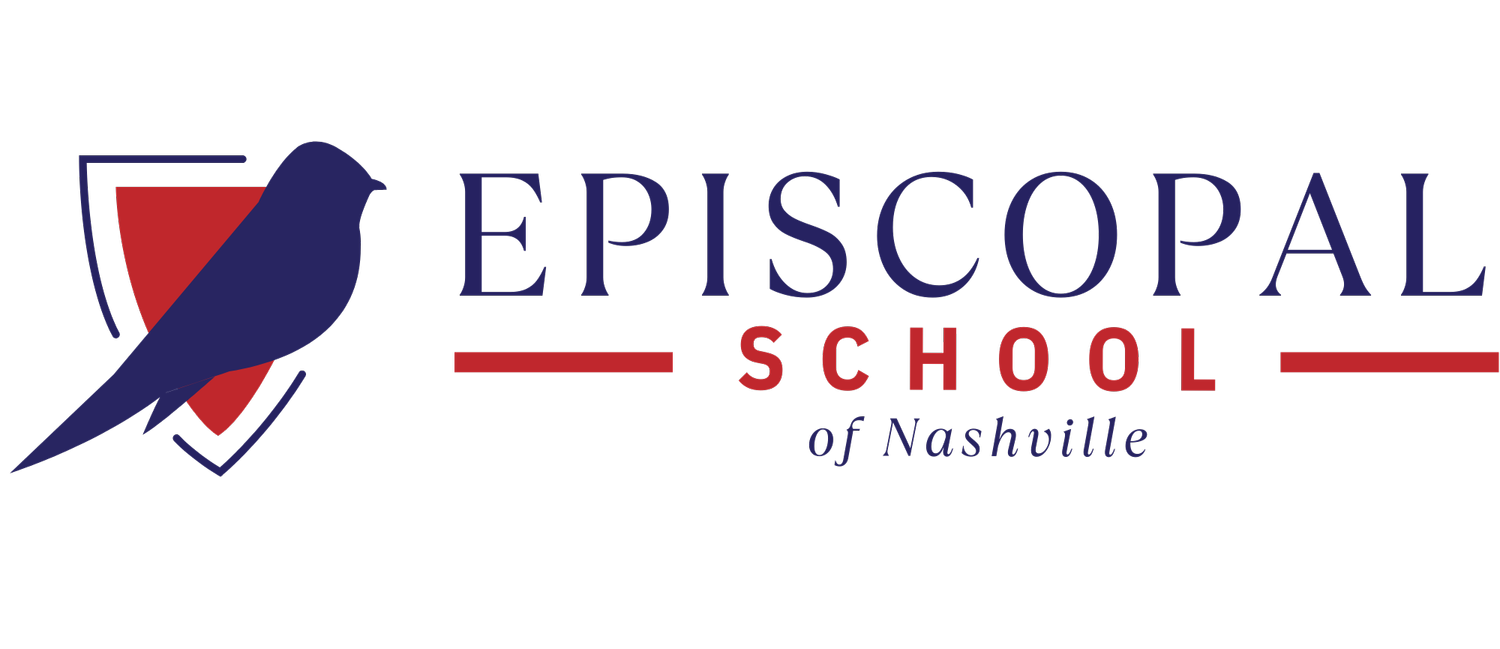Part 1: Roots of the Tradition: A Brief Overview of the Episcopal Church
Welcome to the first entry in a four part series dedicated to exploring the Episcopal identity of the Episcopal School of Nashville. As we embark on this journey, it’s essential to recognize that our community is a diverse tapestry of beliefs, cultures, and experiences. This post is an invitation to understand, not necessarily to agree, and it’s with that spirit of mutual respect that we dive deep into the historical roots and core beliefs of the Episcopal Church.
The Historical Context
The Episcopal Church, while distinctly American, traces its roots back to the Church of England. During the Revolutionary era, as America sought independence from British rule, the American church sought its own identity, separate from the Church of England. This led to the formation of the Episcopal Church in the United States in the late 18th century. From the Episcopal Church’s website, “The mission of the church, as stated in the Book of Common Prayer’s catechism, is ‘to restore all people to unity with God and each other in Christ.’ In step with that mission, The Episcopal Church follows Jesus into loving, liberating, and life-giving relationships with God, with each other, and with the earth.”
Core Beliefs and Tenets
The Episcopal Church’s beauty lies in its capacity to bridge two worlds: the liturgical richness of Catholicism and the reformed beliefs of Protestantism. Here’s a concise breakdown:
The Holy Trinity: Central to many Christian denominations, the Episcopal Church reveres the Father, the Son, and the Holy Spirit.
The Sacraments: Episcopal worship gravitates around two major sacraments—Baptism and the Holy Eucharist.
The Holy Scriptures: While the Bible is seen as a guide, the Episcopal tradition uniquely combines it with reason and tradition as essential components of spiritual exploration.
Inclusivity and Acceptance: Perhaps the most defining aspect in today’s context, the Episcopal Church champions the belief that every individual, irrespective of background, gender, race, or sexuality, has innate worth. This aligns with our school’s commitment to diversity and acceptance.
The Role of Tradition and Liturgy
Though liturgy plays a significant role, it’s crucial to note that the Episcopal tradition, rooted in the Book of Common Prayer, sees these rites as connections to history and tradition, rather than rigid dogmas. At the Episcopal School of Nashville, these traditions underscore a sense of belonging and interconnectedness, irrespective of one’s personal beliefs.
Episcopal Identity
Regardless of our personal spiritual inclinations—or lack thereof—understanding the Episcopal Church’s ethos offers profound insight into the bedrock of values and traditions that define the Episcopal School of Nashville. At the core of our identity lies the guiding principles and teachings of the Episcopal tradition, which have significantly shaped our approach to education and community.
Inclusivity: The Episcopal tradition places a premium on the inherent worth of every individual. This philosophy manifests in our classrooms and corridors, where every student is celebrated for who they are, where they come from, and what they believe. We aim to cultivate an environment where diversity is not just acknowledged but celebrated, ensuring that every voice, regardless of its pitch or timbre, is heard and valued.
Acceptance: Rooted in the Episcopal belief of unconditional love and acceptance, our school encourages students to approach the world with open hearts and open minds. This teaches them not only to tolerate but to actively embrace differences, whether they be of thought, culture, or faith. Our commitment to this principle is evident in our community engagements, interfaith dialogues, and a curriculum designed to foster mutual respect and understanding.
The Quest for Knowledge: The Episcopal tradition embraces the Holy Scriptures, reason, and tradition as pillars of spiritual exploration. At Episcopal School of Nashville, this translates to a holistic educational approach that emphasizes critical thinking, curiosity, and personal reflection. We believe that true learning occurs when students are encouraged to question, explore, and connect their learnings to the world around them. This integration of faith and reason ensures our students are not just academically proficient but also spiritually grounded.
In essence, the Episcopal identity of our school is not a rigid doctrine but rather a set of guiding values. These values encourage us to see the divine spark in every individual and to approach the world with a blend of wonder, respect, and love. It’s this identity that shapes our vision, fuels our mission, and forms the foundation upon which the Episcopal School of Nashville stands.
An Invitation
As this series unfolds, our hope is to illuminate, not indoctrinate. We believe that understanding can bridge gaps, foster mutual respect, and enrich our shared experience. For those keen to delve deeper, witness firsthand, or engage in meaningful dialogue about the diversity of beliefs that color our community, we extend a warm invitation. Every Friday morning, our all-school chapel gathers at 8:15 AM. This is a special time when our community comes together to reflect, share, celebrate, and connect.
You are welcome to attend these all-school chapels. And in our endeavor to illuminate the richness of diverse religious traditions, we’re always looking to broaden our perspectives. If you, or someone you know, would be willing to speak to our children about your religious faith, experiences, or traditions, we would be honored to host you. Sharing personal journeys not only educates but also binds us together, strengthening the very fabric of our community.
The Episcopal School of Nashville is not just a place of academic learning but a space where life’s bigger questions are pondered, diverse beliefs are respected, and where every story holds value. Let’s celebrate this journey of understanding, learning, and growing together.
Please note that this is not an official history of the Episcopal Church nor a comprehensive list of Episcopal beliefs. All views expressed are my own. If you would like more detailed, authoritative information, please feel free to reach out to our chaplain, Father Richard Wineland at richard.wineland@esnashville.org, and/or explore the Episcopal Church and the Diocese of Tennessee’s websites.





